Europe's largest auto show pits climate protests against carmakers
The energy transition closes in on German carmakers
Contents
Carmakers highlight climate ambitions at auto show in response to protest wave
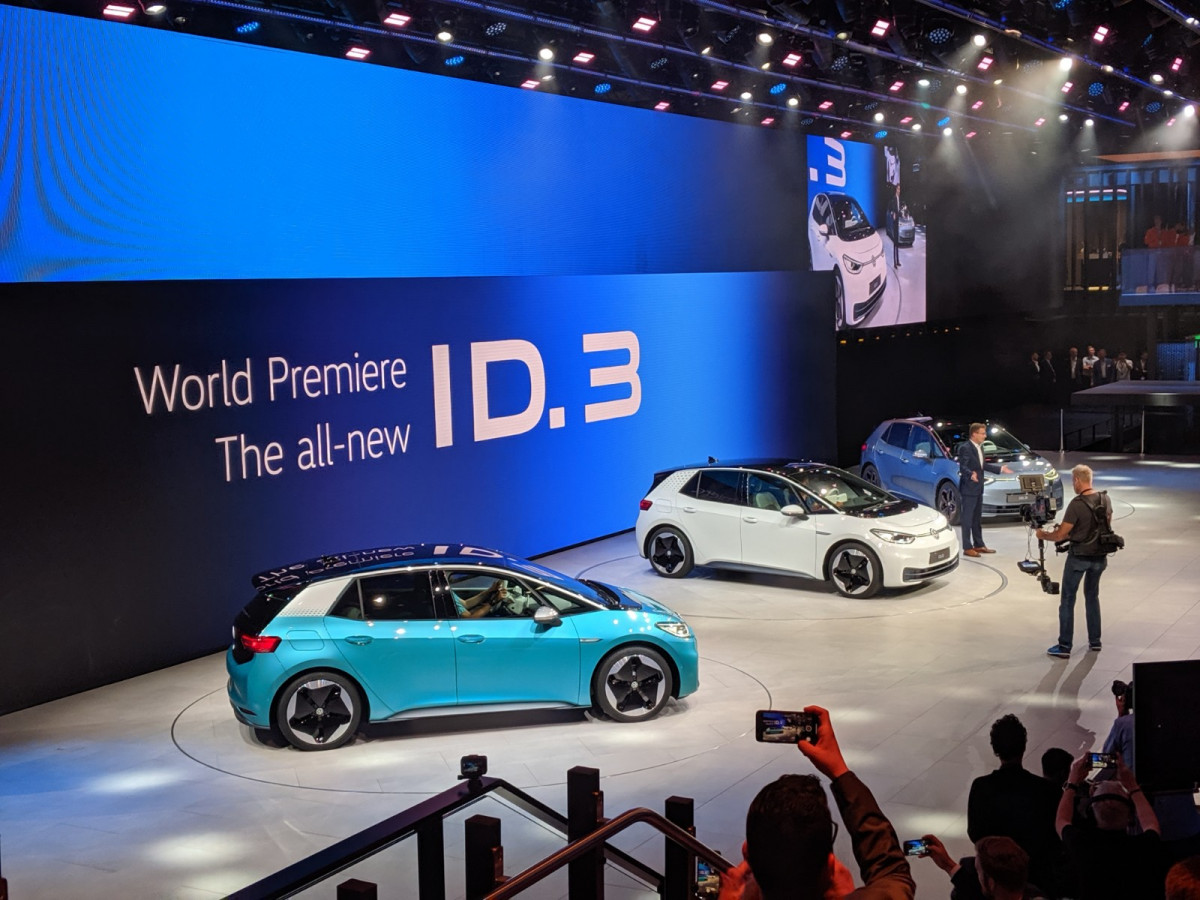
Facing an unprecedented wave of climate protests, Germany's trio of car groups, BMW, Daimler and VW, put their sustainability ambitions at the centre of their presentations at the Frankfurt Motor Show (IAA). In an unprecedented move, the industry has also gone out of its way to seek dialogue with demonstrators. But these efforts are unlikely to silence critics, as combustion engine sales will remain a key part of the carmakers' strategy for many years to come. Read the article here.
The Preview: Frankfurt car fair promises showdown between Fridays for Future and auto lobby
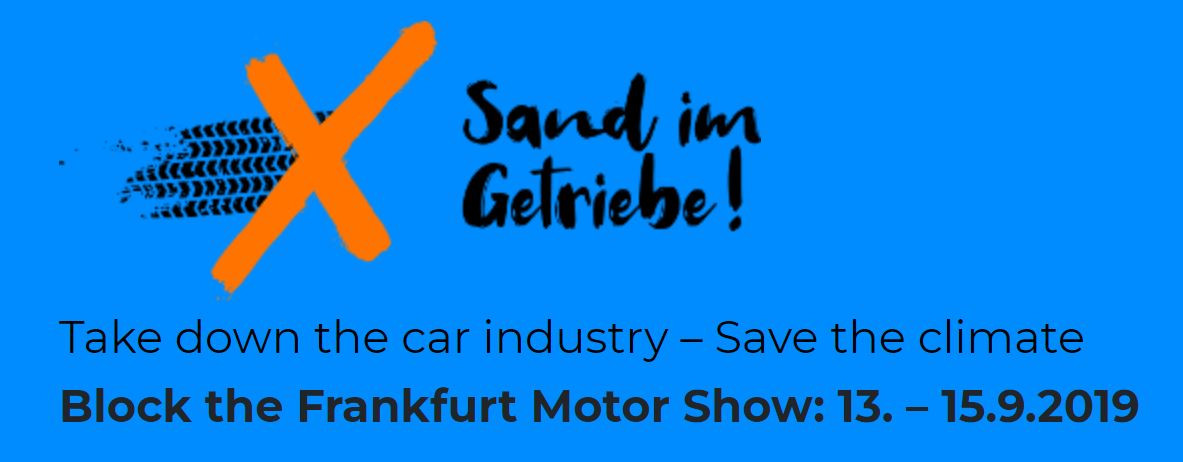
This year's Frankfurt Motor Show steals the limelight for unusual reasons. Thousands of people will flock to the bi-annual industry fair – but many of them not to admire horsepower-proud vehicles, but instead to call for their abolishment. In a series of climate protests, demonstrators will highlight an inconvenient truth: Germany’s world famous carmakers are betting heavily on their polluting SUVs in order to finance tomorrow's clean alternatives. The pending clash at the key marketing event strikes BMW, Daimler and VW at a delicate time. Against the backdrop of a slowing economy, VW will unveil its first purpose-built electric model, a bid to create a new industry standard, while new Daimler and BMW CEOs may reveal highly anticipated further detail on their clean mobility strategy. Read the preview here.
BMW's new CEO takes the helm at former EV pioneer 'searching for direction'
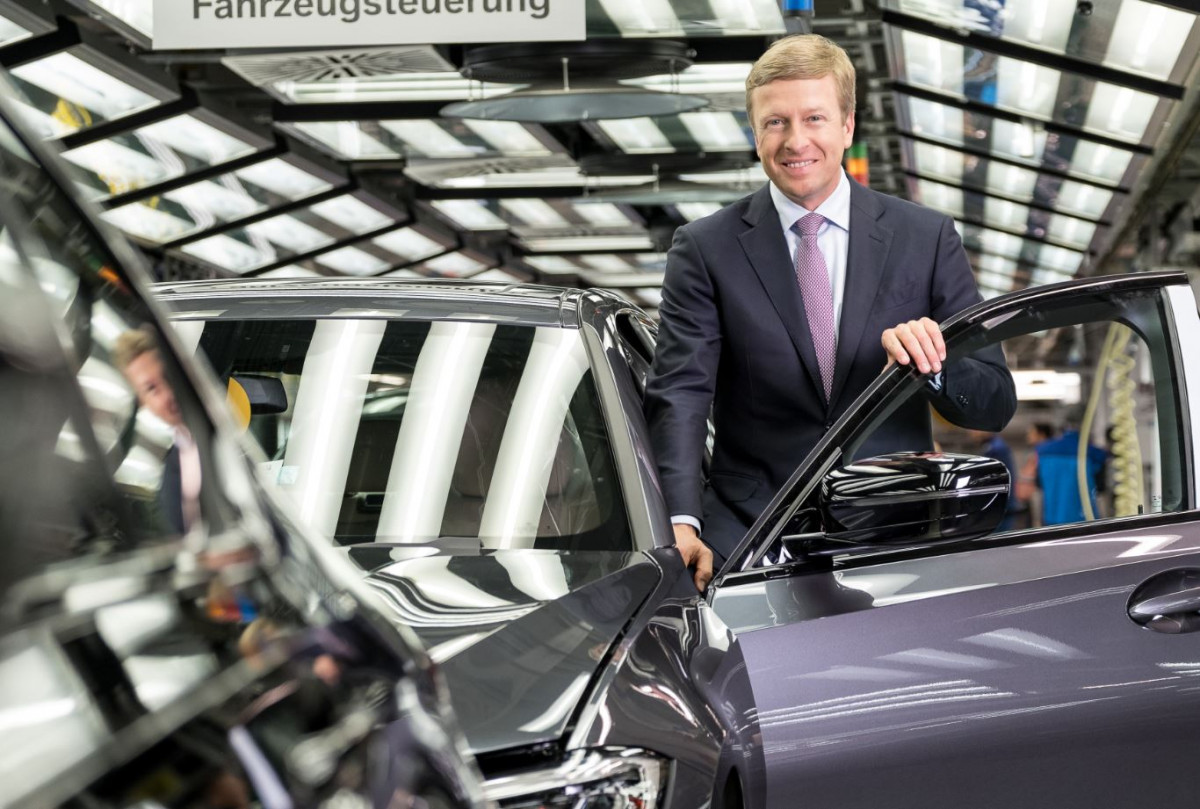
In a bid to regain its damaged reputation as a future mobility leader, BMW replaced its CEO in August, when Harald Krüger handed over the company's steering wheel to Oliver Zipse. But industry experts are uncertain whether the company can regain its edge under Zipse after losing much ground to domestic rivals VW and Daimler, as well as US upstart Tesla, on the road to electrification. Read the article here.
Factsheet: Early e-car starter BMW has lost ground in clean mobility race
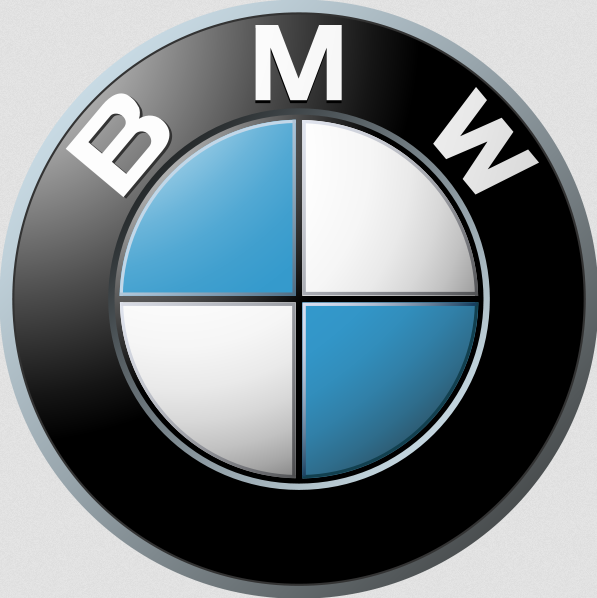
BMW is mainly known for its racy performance vehicles, even though the Bavarian company was also a pioneer in e-mobility and sustainability among German carmakers. Yet BMW has fallen behind domestic rivals VW, Daimler and US upstart Tesla on the road to electrification. Industry observers remain uncertain whether the company can regain its edge under its new CEO. This factsheet provides a quick overview of the company and its plans for sustainable mobility - read it here.
Factsheet: Reluctant Daimler shifts gear in race to sustainable mobility
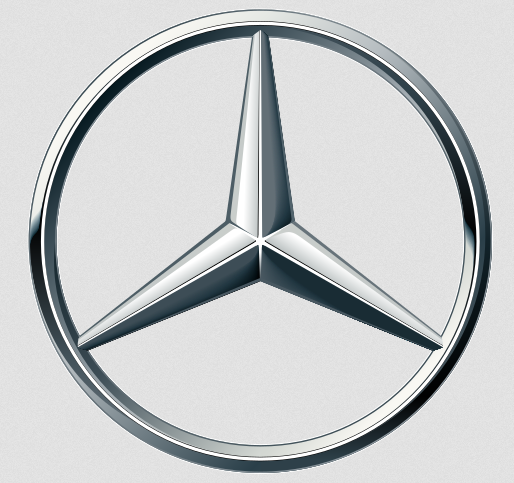
The Daimler Group and its iconic Mercedes-Benz brand are global bywords for luxury cars made in Germany. The company is a classic powerhouse of automobile innovation, but was slow to embrace e-mobility in earnest. Spooked by the success of its former junior partner Tesla, Daimler announced a dramatic shift towards a carbon-neutral mobility future and set itself ambitious new sustainability targets in 2019. The company's new CEO, however, has kept mum on the strategy's details. This factsheet provides an overview of the Daimler Group and its plans to decarbonise - read it here.
Factsheet: Huge EV bet could turn diesel pariah VW into "game-changing" pioneer
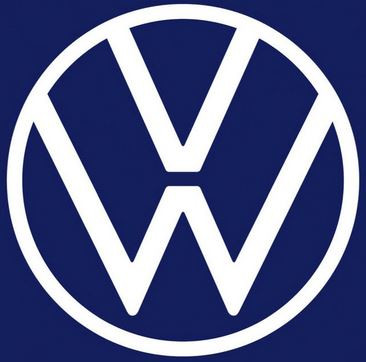
VW has initiated a remarkable transformation in the wake of the Dieselgate scandal. Shaken to the core by the emissions cheating scandal of its own making, the world's largest carmaker has embraced electric mobility more vigorously than any other major auto company under its latest CEO, Herbert Diess. VW's first fully electric car aimed at the mass market will be presented at the Frankfurt car show in September. Deliveries will start in 2020, and initial sales will provide a first hint of whether the company's massive bet on battery-electric mobility will pay off. Some critics remain unconvinced, however, and warn that VW's actions do not yet match its sustainability commitments. This factsheet provides a quick overview of the company and its plans for sustainable mobility - read it here.
"Dieselgate" - a timeline of the car emissions fraud scandal in Germany
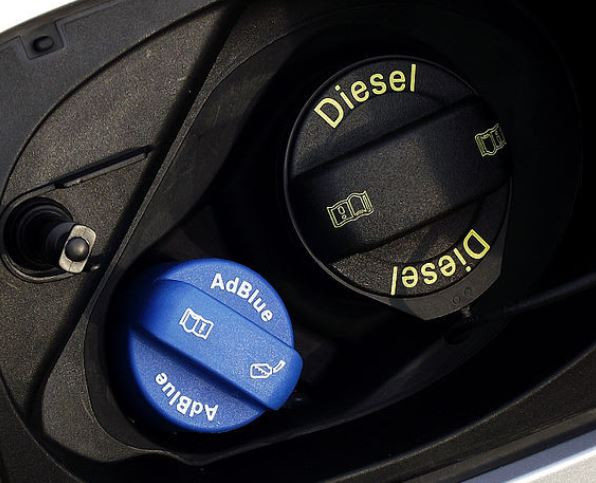
"Dieselgate" started out as a scandal exclusively affecting Germany's largest car company Volkswagen. But since it broke in September 2015, it has morphed into a global issue involving many industry giants. In Germany, the automobile's birthplace, the emission manipulation's ripple effects continue to be felt - not only at the country's famed carmakers, but also in ongoing discussions about transport policies, air pollution and diesel driving bans. Read the timeline here.
Evergreen analysis: BMW, Daimler, and VW vow to fight in green transport revolution
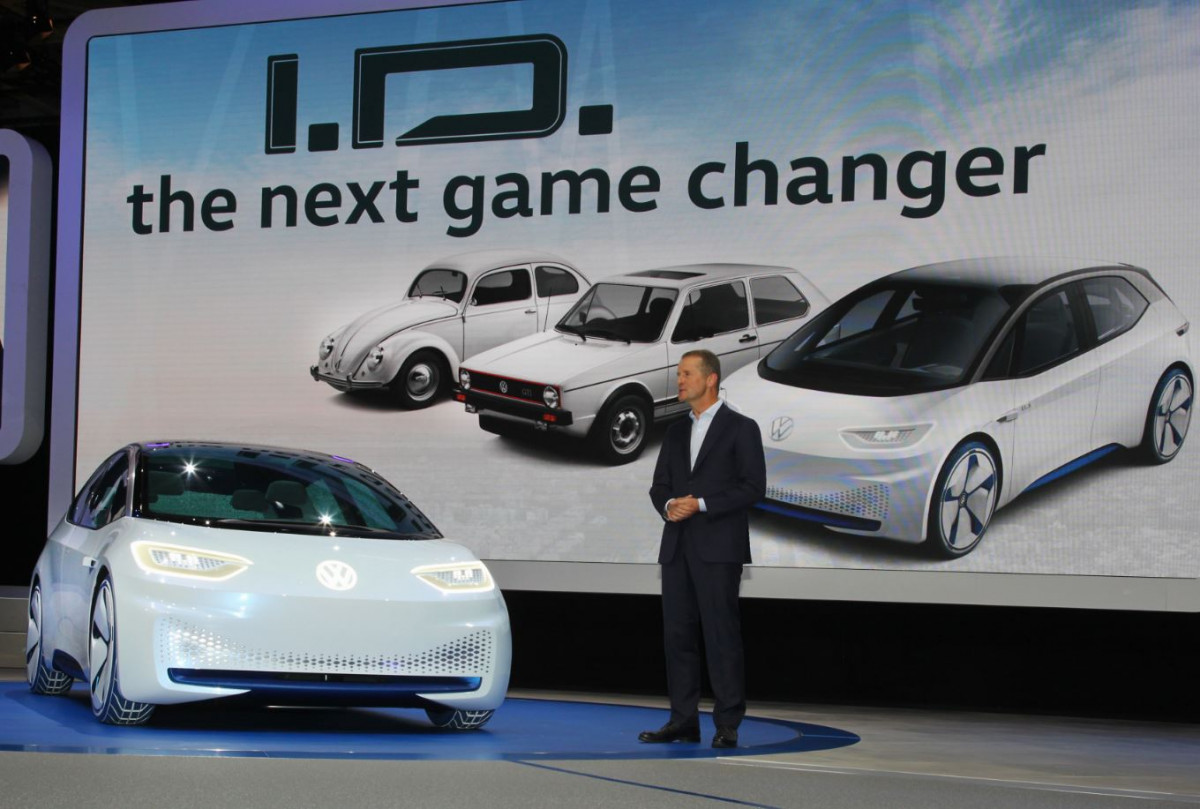
In Germany, the birthplace of the automobile, three iconic carmakers, BMW, Daimler, and VW, are facing the greatest challenge in their history: The mobility revolution to create a green transport future. Tarnished by the scandal over the manipulation of emission tests by Europe’s largest car producer VW - and facing new and powerful competitors in Google, Tesla, Apple, and Uber - the future of Germany’s horsepower proud carmakers in an age of decarbonisation, self-driving vehicles, and car sharing is less certain than ever. But experts warn it is far too early to write off the powerhouses of auto innovation in the global race to master the future of mobility. This analysis is three years old, but sketches out the industry challenges in great detail.
